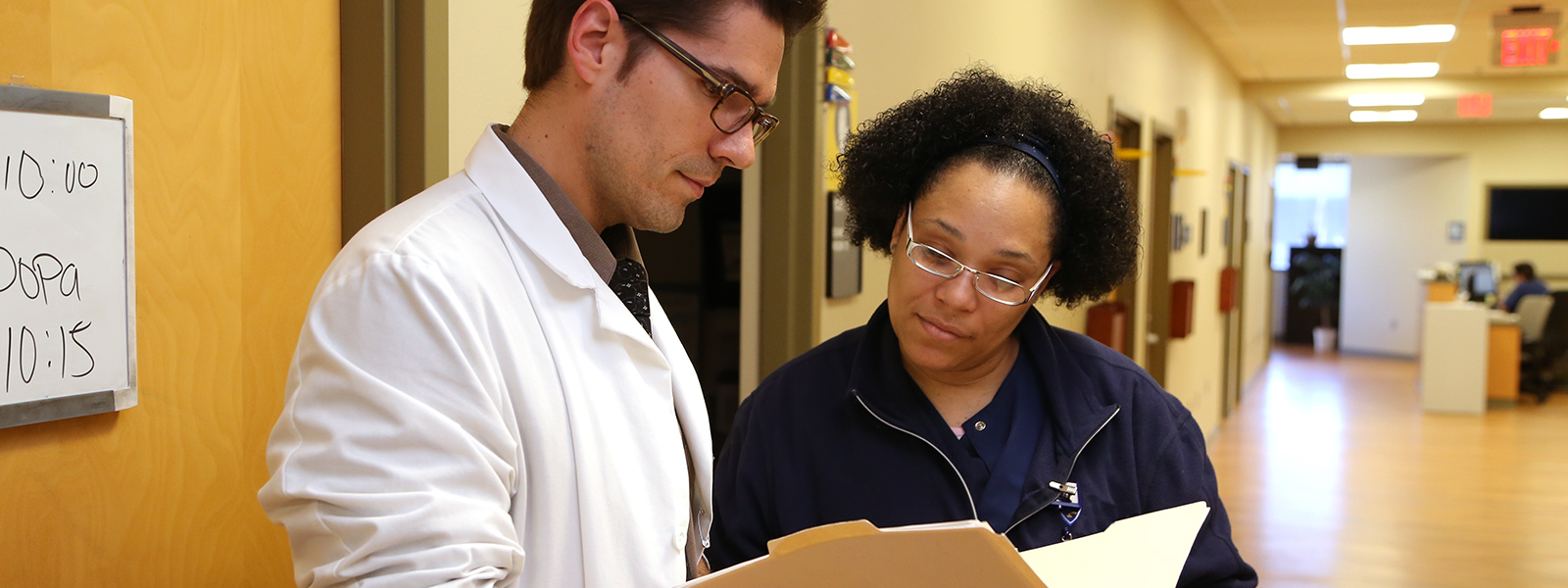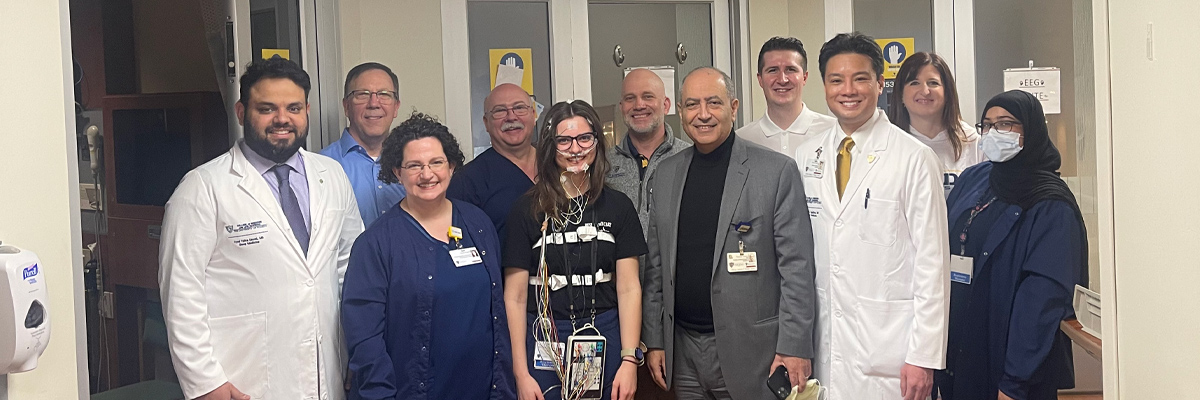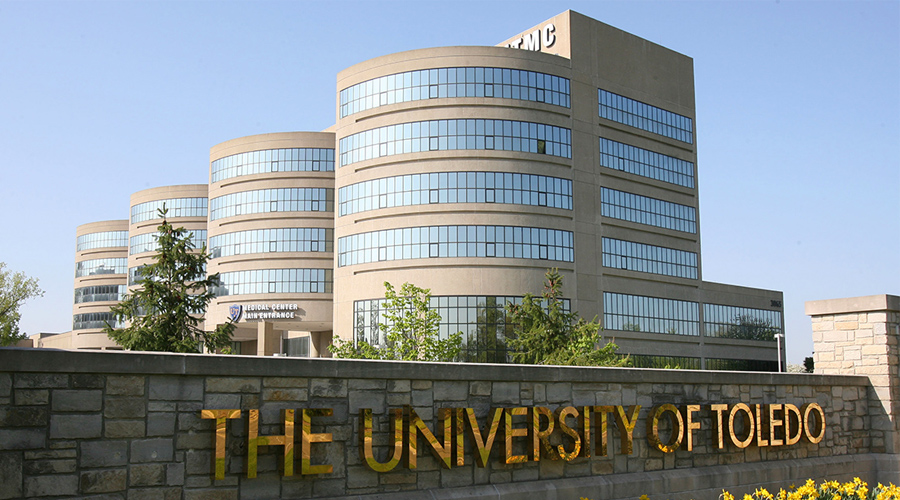Curriculum: Procedural Activity

Sleep medicine fellows will obtain a deeper understanding of patients’ sleep-wake pathophysiology through scoring and interpreting adult and pediatric polysomnograms (PSG), multiple sleep latency tests (MSLT), and maintenance of wakefulness tests (MWT) under the guidance and supervision of our sleep medicine faculty. In July, the fellow will have an Introduction to Sleep rotation dedicated to learning the technical aspects of the PSG and training in sleep study scoring with assistance of the Sleep ISR. In addition to PSG interpretation, the fellow will learn how to read and interpret home sleep apnea testing (HSAT) and nocturnal pulse oximetry testing.
The fellow will also have a separate neurophysiology rotation where the fellow will learn the basics of electroencephalogram (EEG) interpretation to enhance the fellow’s PSG interpretation skills. As sleep medicine physicians commonly evaluate patients with sleep related hypoventilation and hypoxemia disorders such as obesity hypoventilation syndrome and hypoventilation due to COPD, interstitial lung disease, chest wall disorders or neuromuscular disorders, the fellow will have a separate pulmonary function test (PFT) rotation to enhance the fellow’s understanding of respiratory physiology during sleep. These rotations can be modified depending on the sleep medicine fellow’s background and experience.
In treating patients with sleep-related breathing disorders, the fellow will learn the current use and manual titration of continuous positive airway pressure (CPAP) therapy, bilevel positive airway pressure (BPAP) therapy, and BPAP therapy in a spontaneous timed mode (BPAP-ST) as well as advanced modes of noninvasive ventilation (NIV) such as adaptive servoventilation (ASV) and volume-assured pressure support. The fellow will also get exposure to alternatives to PAP therapy including oral appliance, upper airway neurostimulation therapy (e.g., implantable hypoglossal nerve stimulation device) and other upper airway surgeries.
Polysomnograms are conducted at the University of Toledo Medical Center (UTMC) Sleep Disorders Center, which is fully accredited by the American Academy of Sleep Medicine (AASM).

Our UToledo sleep medicine faculty also has privileges at the ProMedica sleep laboratories in the Northwest Ohio area including ProMedica Flower Hospital in Sylvania, OH; ProMedica Bay Park Hospital in Oregon, OH; Defiance Regional Hospital in Defiance, OH; Fostoria Community Hospital in Fostoria, OH; and Memorial Hospital in Fremont, OH. While the sleep studies are conducted at these sites, they can be accessed and analyzed remotely by the interpreting sleep medicine physician.
As part of their training, sleep medicine fellows will have an opportunity to have a sleep study done on themselves and score their own sleep study. Fellows are not on-call.



